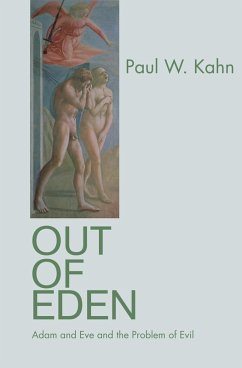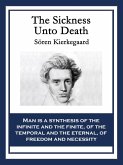In Out of Eden, Paul W. Kahn offers a philosophical meditation on the problem of evil. He uses the Genesis story of the Fall as the starting point for a profound articulation of the human condition. Kahn shows us that evil expresses the rage of a subject who knows both that he is an image of an infinite God and that he must die. Kahn's interpretation of Genesis leads him to inquiries into a variety of modern forms of evil, including slavery, torture, and genocide.
Kahn takes issue with Hannah Arendt's theory of the banality of evil, arguing that her view is an instance of the modern world's lost capacity to speak of evil. Psychological, social, and political accounts do not explain evil as much as explain it away. Focusing on the existential roots of evil rather than on the occasions for its appearance, Kahn argues that evil originates in man's flight from death. He urges us to see that the opposite of evil is not good, but love: while evil would master death, love would transcend it.
Offering a unique perspective that combines political and cultural theory, law, and philosophy, Kahn here continues his project of advancing a political theology of modernity.
Hinweis: Dieser Artikel kann nur an eine deutsche Lieferadresse ausgeliefert werden.
Kahn takes issue with Hannah Arendt's theory of the banality of evil, arguing that her view is an instance of the modern world's lost capacity to speak of evil. Psychological, social, and political accounts do not explain evil as much as explain it away. Focusing on the existential roots of evil rather than on the occasions for its appearance, Kahn argues that evil originates in man's flight from death. He urges us to see that the opposite of evil is not good, but love: while evil would master death, love would transcend it.
Offering a unique perspective that combines political and cultural theory, law, and philosophy, Kahn here continues his project of advancing a political theology of modernity.
Hinweis: Dieser Artikel kann nur an eine deutsche Lieferadresse ausgeliefert werden.









